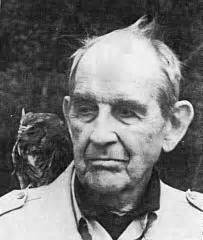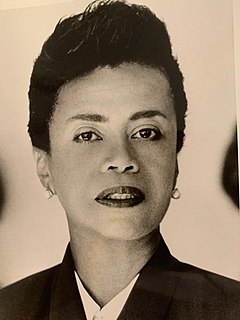A Quote by Peter Farb
The dictionary is a closed system in which someone interested in the meaning of a word can go around and around and end up exactly where he started, simply because words are defined in terms of other words, and these, in turn, are defined in terms of still other words.
Related Quotes
A definition is nothing else but an explication of the meaning of a word, by words whose meaning is already known. Hence it is evident that every word cannot be defined; for the definition must consist of words; and there could be no definition, if there were not words previously understood without definition.
I am a dreamer of words, of written words. I think I am reading; a word stops me. I leave the page. The syllables of the word begin to move around. Stressed accents begin to invert. The word abandons its meaning like an overload which is too heavy and prevents dreaming. Then words take on other meanings as if they had the right to be young. And the words wander away, looking in the nooks and crannies of vocabulary for new company, bad company.
In the speech sound wave, one word runs into the next seamlessly; there are no little silences between spoken words the way there are white spaces between written words. We simply hallucinate word boundaries when we reach the end of a stretch of sound that matches some entry in our mental dictionary.
I had a teacher who stressed for me the importance of diction in terms of... I want to be very careful about how I say this... in terms of supporting one's voice when one is singing. In other words, if you hold on to your words, your voice will pull through for you when you're singing. So be true to your vowels.
It's no longer possible to simply build English country houses out of words, because they've already been so thoroughly described that all the applicable words have been used up, and one is forced to build them instead out of words recycled and scavenged from other descriptions of other country houses.
I’m not good at talking,” Naoko said. “Haven’t been for the longest while. I start to say something and the wrong words come out. Wrong or sometimes completely backward. I try to go back and correct it, but things get even more complicated and confused, so that I don’t even remember what I started to say in the first place. Like I was split into two or something, one half chasing the other. And there’s this big pillar in the middle and they go chasing each other around and around it. The other me always latches onto the right word and this me absolutely never catches up



































